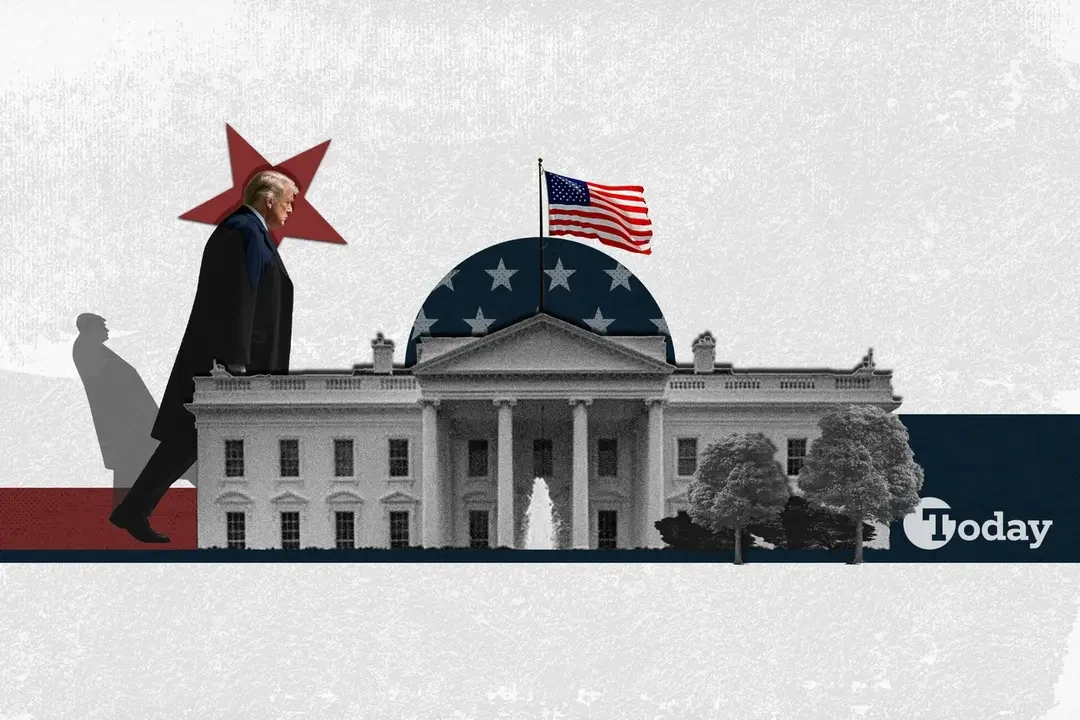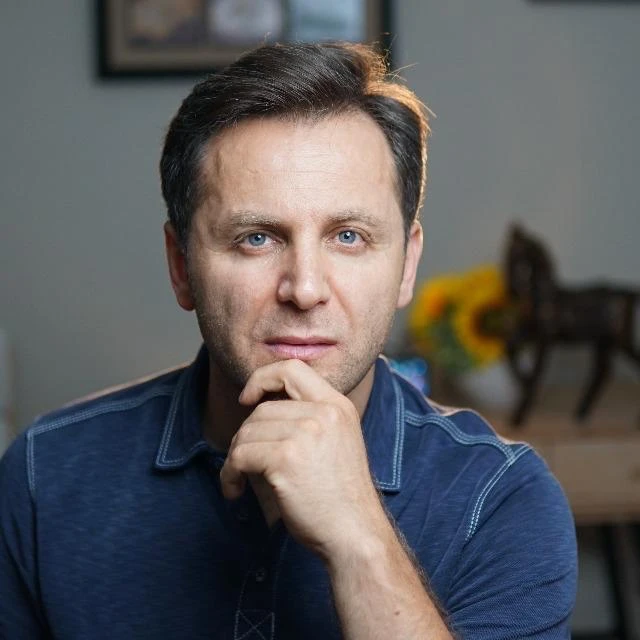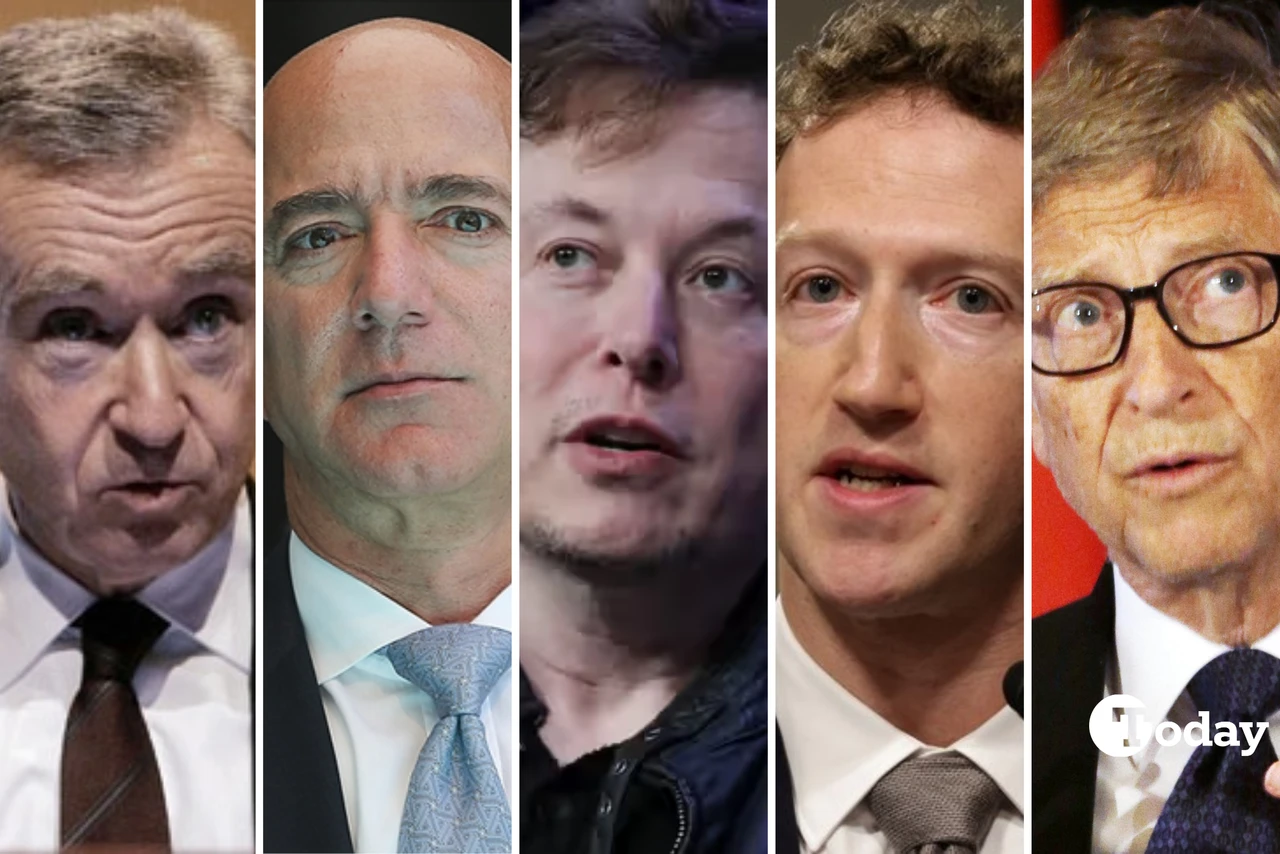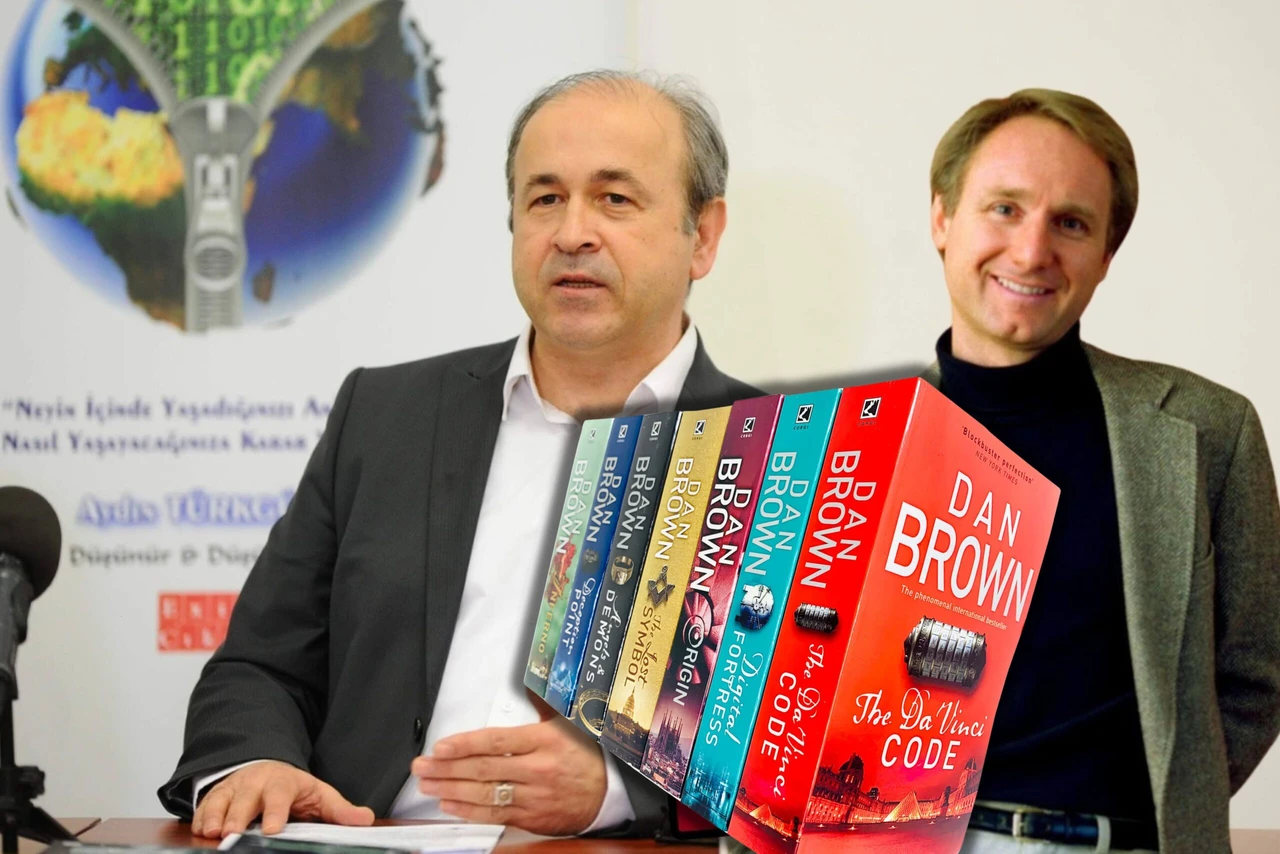From ‘we the people’ to ‘me the king’: Small crisis for America, a great one for humanity
 U.S. President Donald Trump walking toward the White House. (Collage prepared by Türkiye Today team)
U.S. President Donald Trump walking toward the White House. (Collage prepared by Türkiye Today team)
It is now widely acknowledged that a liberalism and democracy crisis is unfolding globally. Leaving aside countries that have never truly encountered democracy or only had superficial contact with it, one can easily see that the Western world’s perception of liberal democracy is at the edge of a profound transformation when we look at recent developments. This is why we can expect that in the not-so-distant future, the concepts of democracy, freedoms, equality and citizenship will be redefined.
History has shown us that democracy has never existed spontaneously but is instead a value that must be constantly preserved and kept alive through continuous effort, yet democratic structures and societies now face a historical challenge.
The democratic crisis that matured in the United States and spread to Europe, especially through the far-right parties in recent years, can be understood by closely examining frequently repeated arguments from the past and the political discourses of today. Less than a century ago, millions of Jews in the heart of Europe were blamed for Germany’s economic collapse, accused of being culturally and morally “inferior,” and subjected to genocide. Although the blame for the Holocaust is now conveniently placed on the Nazis—an entity/group that no longer exists (or does it, perhaps about to rise again?)—this massacre occurred right in the heart of Europe.
Even after 80 years, the Holocaust remembered with brutal clarity, was often thought to be a problem between the Jews and Hitler, and the narrative was framed that way, at least until recently. Now, Hitler is gone, and the Jews are seen as allies of the Western world. So, have genocides been erased from the history of humanity? The answer might be found in what has been happening in Gaza over the past year. And all under the surveillance of “democratic” countries.
Setting aside the genocides of the past and present, the signs of what might happen in the future were clearly revealed in the speeches of party leaders who gathered in Spain’s Madrid last week, calling themselves “Europe’s Patriots.” Almost all of them were European leaders known to be hostile toward refugees. Many of these leaders implied that Europe was being “invaded” by refugees, most of whom were Muslim and black, and declared that the continent must be “reclaimed.” They voiced this desire with a “Reconquista” call, which was met with loud applause. One of the leaders was Hungarian Prime Minister Viktor Orban, who is closely aligned with both U.S. President Donald Trump and Türkiye’s President Recep Tayyip Erdogan.
The term “Reconquista” refers to the 15th-century process by which the Iberian Peninsula was taken from the Muslims, resulting in the expulsion, massacre, and forced conversion to Christianity of hundreds of thousands of Muslims and Jews. A key part of Europe’s Enlightenment, Andalusia, was completely eradicated, along with the thousands of Muslims and Jews who lived there. So, “They Made Europe Great Again”.
Perhaps we don’t need to look that far back. The insults and accusations that were once directed at Jews are now being experienced by illegal immigrants in the United States and many European countries. On Feb. 19, official social media accounts of the White House shared images of how illegal immigrants were being chained and deported. Phrases like “shithole countries,” “animals,” and “they are eating dogs” were uttered by the leader of the richest country in the world, sitting in the Oval Office, with the world’s strongest military command in his hand. These may not be considered strong insults in American culture, but such labels directed at a particular group have already served as inspiration for European far-right leaders very strongly. That is why they have begun repeating Trump made slogan “Make Europe Great Again”.
Much like the Africans who were enslaved and brought to England, then to America, to work in construction, fields, mass production, and various jobs, millions of illegal immigrants are now waiting to be deported, once again, with chained legs.
What is happening in the U.S. today is likely to occur in Europe in the near future. Perhaps decades later, it will be “officially” recognized as a mistake, with a future president giving a few-minute apology speech in a “cleaning of conscience” moment with applause. But despite continuing to live in fear of deportation, immigrants and their children remain part of the story that America continues to write. And they continue to do so as part of Trump’s A-team, just like Native Americans, African Americans, and Irish, German, and English immigrants.
If we think Trump is simply approving these actions to win more votes, we would be wrong. However, as a leader who consistently emphasizes words like money, wealth, and taxes in all of his public and private speeches, Trump’s economic concerns seem to be the primary driving force behind his actions. But these economic concerns are not about small solutions that would affect everyone, like increasing hourly wages, social security regulations, or tax adjustments. Like every other rich people around him, Trump wants more. With just one signature, he wants to create impacts worth tens of billions of dollars. He wants to destroy Canada because he doesn’t like the prime minister, give Ukraine’s vast land to Russia’s President Vladimir Putin because he admires his leadership, and force Europe to increase defense spending to make them buy more weapons from him.
He demands that far-right parties form coalitions in Europe, he wants Egypt and Jordan to take in Gazan Palestinians who were displaced by Israel. In less than a month, If you think that these demands have become increasingly bold, wait for it. A Republican congressman even proposed a bill to rename Greenland, which Trump wanted to buy from Denmark, as Red, White, and Blue Land and for Republicans to introduce a bill declaring Trump’s birthday a federal holiday. How did you like it?
The Oligarch issue
The rise of figures like Elon Musk in politics and his made-up unofficial DOGE organization with access to state secrets, clearly shows how modern capitalism is shaping democratic processes and institutions. Those who can buy Twitter for $45 billion with a tweet and offer $97 billion to acquire OpenAI and have a fortune larger than the gross domestic product (GDP) of many countries, will be the ones deciding the future of the world. This situation is nothing less than the sacrifice of the system built by the United States after 1945 to “digital oligarchs.”
Democracy is a value that, once lost, is hard to regain. Looking at societies and countries that have experienced such losses in various ways, we can learn valuable lessons. This is why all of Germany’s political parties have united against the far-right AfD. However, this firm stance perhaps suffered the greatest shock in modern European history.
In a speech in Munich, then-U.S. Vice President Mike Pence told European leaders whose countries were threatened by Russian occupation that “Russia is not your enemy.” He advised them to become more democratic, form coalitions with far-right parties, and “get rid of the refugees”. His speech felt like another call for “Reconquista” for Eruopean while many Europeans described his speech as “unacceptable ”.
The future of the U.S., which has made great efforts to make Israel the only power in the Middle East, given Russia passes to Ukraine, and abandoned Europe in a few weeks, is difficult to predict. Since the U.S. has made it clear that it will now navigate its international and domestic politics not through institutions but through its “cult leader”, predicting its democracy is also impossible. This situation deepens the internal crises of the U.S. What is happening today in America is not just a Democrat-Republican conflict; it is an existential test for global liberalism, which may not even survive the next decade.
As the power of lobbies, rich tech groups and sole billionaires increases, democratic processes will continue to lose functionality in government, society, and even among individuals. As I was adding my final sentences to this text, the president of the United States, whose Constitution begins with the phrase “We the People,” shared a photo on his social media account. The illustration showed Trump wearing a crown with the words “Long Live The King” written on it.
If Trump and his country had learned any lessons from their Civil War history, they may have initiated a new “Reconstruction” process that defined the post-war era. Instead, it seems that Trump’s administration chose a path of Reconquista. What the U.S. needs is not a “Reconquista,” but a “Reconstruction.”

About the author: Fatih Artun has been covering conflict zones as a videojournalist since 2003. Currently based in Washington D.C., he works for an international outlet, providing coverage that includes The White House and The Senate.



